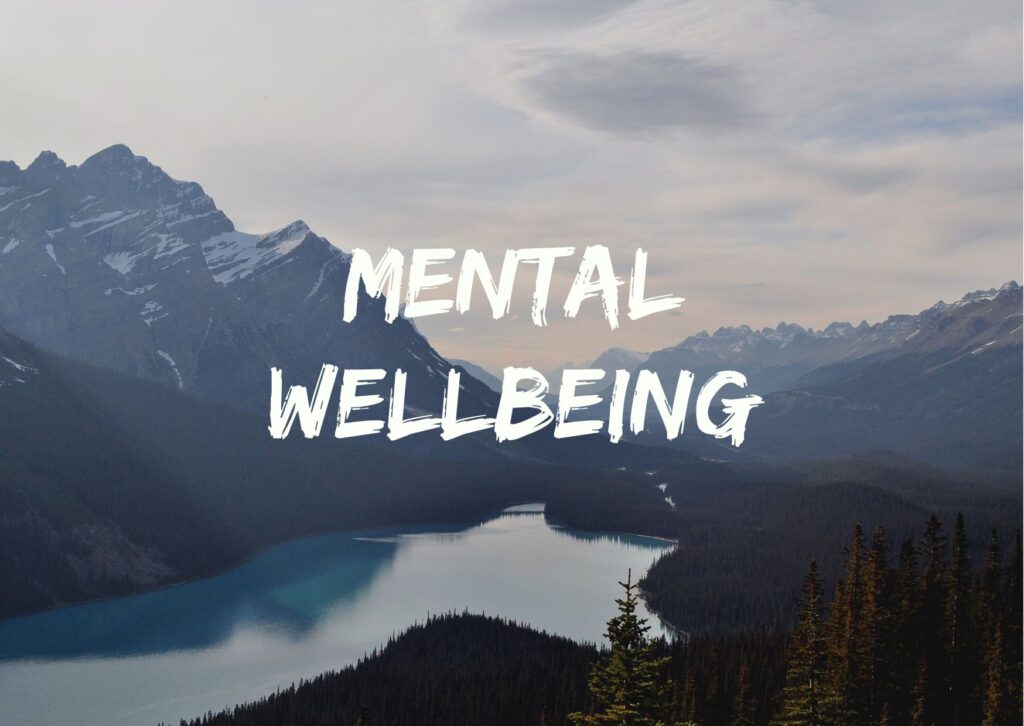Have you ever stopped to think about the impact communication has on your mental well-being? The world is filled with constant chatter, and it’s easy to overlook the profound impact it has on our mental health.
Our words and interactions go a long way in shaping the way we perceive ourselves and others. It influences our emotions, relationships, and our entire sense of happiness.
Recognizing the power of reliable communication is the first step towards cultivating a positive and supportive environment that nurtures our mental well-being.
In this week’s blog, we’ll take a moment to dive deeper into the significance of reliable communication and explore five essential tips that can empower us to navigate the communication landscape with greater mindfulness and intention.
When you incorporate these tips into your daily life, you can strengthen your mental well-being and experience greater fulfilment in your interactions. Let’s dive in:
- Practice Active Listening
First tip on our list is the essential tip of practising active listening. This simple yet powerful skill can go a long way in improving your communication and contribute positively to your overall mental well-being.
What does active listening even mean? Imagine you’re talking to a friend about their day. You put down your phone, make eye contact, and really focus on what they’re telling you. You don’t interrupt or try to steer the conversation in another direction. Instead, you let them express themselves fully while you listen with empathy and without judgement. That is active listening in action.
To practise active listening, you need to begin by taking out distractions and focusing solely on the speaker. Make sure to maintain eye contact to demonstrate your attentiveness and nod or provide verbal cues to show your understanding. Keep in mind that active listening is not about waiting for your turn to speak but rather about truly understanding the speaker’s perspective.
- Embrace Non-violent Communication
Nonviolent Communication is another powerful tool for fostering understanding and resolving conflicts without having to resort to aggression or hostility. Non-violent communication fixates on compassionate communication that honours the needs and feelings of both parties involved. When you practice non-violent Communication, you can create a more harmonious and empathetic environment in your relationships.
How do you practice it? You can start by observing situations without hasty judgment. Recognize your own emotions and the needs underlying them. Then, express your feelings and needs using “I” statements, emphasizing empathy, and understanding. For example, instead of saying, “You never listen to me,” you can say, “I feel unheard when I share my thoughts. It’s important for me to be understood and valued.”
By imbibing the act of Nonviolent Communication, you can foster open dialogue, encourage active listening, and cultivate a sense of mutual respect.
- Cultivate Non-verbal Communication
The landscape of communication is large, and words are not the sole bearers of meaning. Non-verbal cues also play a great role in reliable communication. But what do we mean by non-verbal cues?
Non-verbal cues basically consist of a wide range of subtle yet powerful signals, body language, facial expressions, gestures, and tone of voice. These unspoken elements communicate our emotions, attitudes, and intentions. They paint a clear picture that words cannot convey.
By paying attention to your body language, maintaining open and relaxed postures, making eye contact, and using a warm and friendly tone, you can align your nonverbal signals with your spoken words, fostering a harmonious and impactful exchange.
- Cultivate the Habit of Mindful Expression
Picture yourself having a conversation with a close friend who is going through a tough time. Instead of jumping in with unsolicited advice or dismissive statements, you take a moment to empathize with their situation, acknowledging their emotions and offering a listening ear.
You say, “I can imagine that you’re feeling overwhelmed right now. I want you to know that I’m here for you. If you ever need someone to talk to or if there’s anything I can do to support you, please let me know.” This is basically mindful expression in action. Expressing yourself mindfully means you’re being aware of your words and the effect they may have on others. When you imbibe the habit of mindful expression, you can foster healthy and meaningful connections, resolve conflicts, and positively enhance your mental well-being.
5. Practice Mindful Feedback
Constructive feedback is a powerful tool that can fuel personal and professional growth. However, not all feedbacks are created equal. The way we deliver feedback can either inspire positive change or leave others feeling demotivated. That’s where the practice of mindful feedback comes in.
Mastering the art of mindful feedback is a game-changer in effective communication. When providing feedback, remember to be considerate and thoughtful. You should offer specific and actionable suggestions while being mindful of the other person’s feelings. By practising mindful feedback, you create a supportive environment that encourages positive development and fosters stronger connections. Let your words become a catalyst for growth and transformation, making a lasting impact on those around you.
The Next Steps
As you reflect on these five essential tips for cultivating mental well-being through reliable communication, you may be wondering where to begin.
It can be overwhelming trying to implement all these tips at once. Instead, you should start by identifying the ones that resonate with you the most and feel easiest to incorporate into your daily life.
The key is to take that first step, no matter how small. Each action you take toward improving your communication skills contributes to your overall well-being and strengthens your relationships. Embrace the journey of self-improvement and remember that consistent effort and practice are what pave the way to meaningful and reliable communication.
If you live abroad, don’t let distance be a barrier to staying in touch. Take the next step towards reliable and cost-effective communication by downloading the FroggyTalk international calling app from the Google Play or iOS app store today. Stay connected with your loved ones effortlessly and make those meaningful connections that truly matter.


